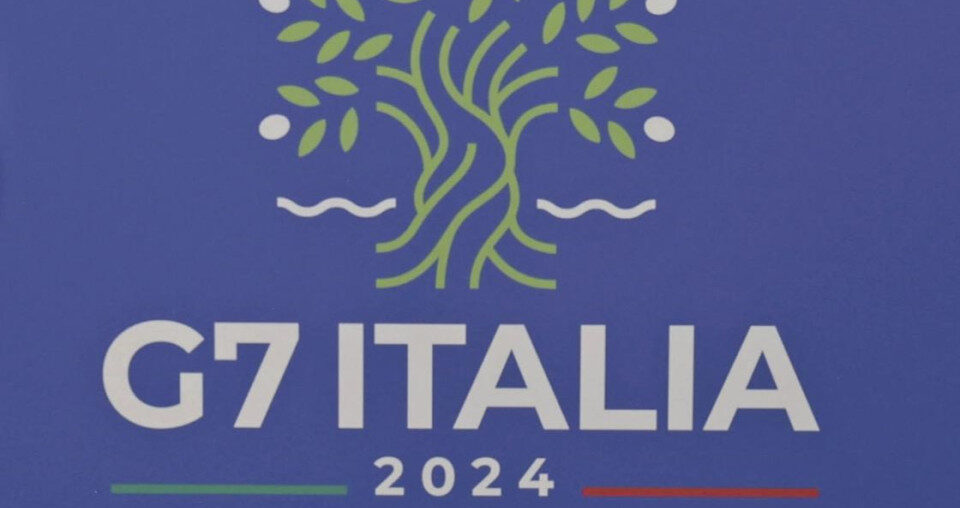The Group of Seven foreign ministers began their two-day talks in Italy on Monday, with the first day’s sessions focusing on the Middle East amid tensions between Israel and Iran.
On the second day of the meeting, discussions are likely to center on Russia’s invasion of Ukraine, now involving North Korean troops, and the situation in the Indo-Pacific region, where China has shown increasingly provocative behavior, Japanese officials said.
The G7 is working on an outcome document, the officials said, which is expected to underscore its unity in addressing global challenges ahead of the inauguration in January of U.S. President-elect Donald Trump, seen as a skeptic of multilateralism.
Italian Foreign Minister Antonio Tajani is presiding over the gathering in the suburbs of Rome, attended by Japanese Foreign Minister Takeshi Iwaya, who took office in October, U.S. Secretary of State Antony Blinken and their other G7 counterparts.
In the Middle East, Israel engaged in a tit-for-tat exchange of attacks with its longtime adversary Iran last month and continues to be embroiled in conflict in the Gaza Strip and Lebanon with Hamas and Hezbollah, both backed by Tehran.
The G7 has called for an immediate cease-fire in the Israel-Hamas war, the release of all hostages and humanitarian assistance for people in Gaza, while condemning the Palestinian militant group’s attack on Israel in October 2023.
Meanwhile, the G7 countries have adopted differing stances on the International Criminal Court’s issuance of arrest warrants for Israeli Prime Minister Benjamin Netanyahu and former Defense Minister Yoav Gallant over alleged war crimes.
Britain and France have expressed support for the independent judicial body’s decision, while the United States, which is not an ICC member, has rejected the move and Germany has withheld judgment on the matter.
As for Ukraine, Moscow’s aggression has entered a new phase, with the United States and South Korea recently confirming that North Korean soldiers are participating in combat operations in Russia’s western border region of Kursk.
The G7 talks also follow Trump’s reelection on Nov. 5, raising uncertainty about his commitment to international cooperation under his “America First” policy prioritizing protectionism and unilateralism.
The G7 groups Italy, Britain, Canada, France, Germany, Japan and the United States, plus the European Union.
Related coverage:
G7 defense chiefs oppose status quo change in East, South China seas

